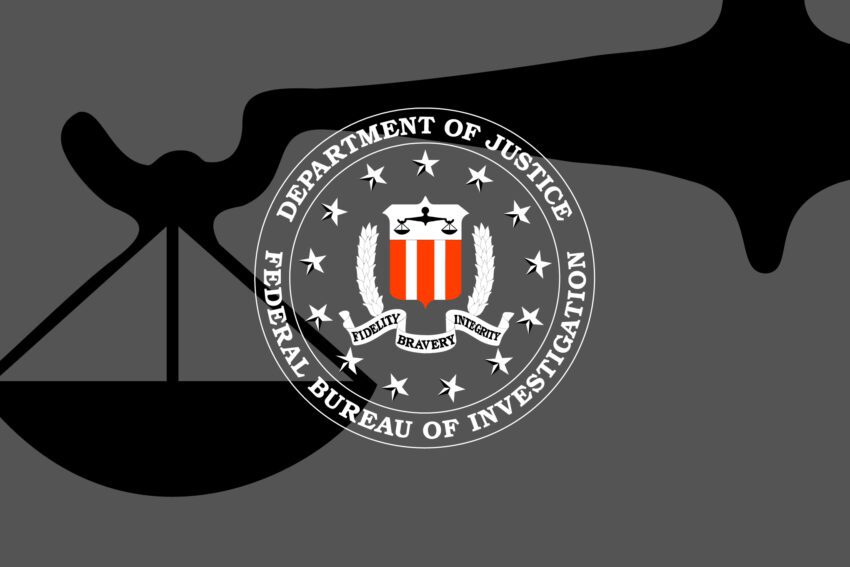
fbi subpoenas the web registrar behind archive The FBI has initiated a subpoena against the web registrar Tucows in an effort to uncover the identity of the owner of Archive.today and its associated mirrors, such as Archive.is and Archive.ph.
fbi subpoenas the web registrar behind archive
Background on Archive.today
Founded in 2012, Archive.today is a web archiving service that allows users to capture and store web pages as they appear at a specific moment in time. This functionality has made it a valuable tool for researchers, journalists, and everyday users who wish to preserve content that may be altered or removed from the internet. The service is particularly known for its ability to bypass paywalls, enabling users to access content that would otherwise require payment or subscription.
Archive.today operates under various domain names, including Archive.is and Archive.ph, which serve as mirrors of the main site. These mirrors provide redundancy and ensure that the service remains accessible even if one domain faces legal challenges or technical issues. The site’s popularity has grown over the years, especially among users seeking to circumvent restrictions imposed by publishers and content providers.
The Subpoena Details
On October 30, 2023, the FBI issued a subpoena to Tucows, the web domain registrar responsible for managing the domain name registrations for Archive.today. The subpoena, which was made public through an official post on Archive.today’s X account, demands a range of information related to the site’s ownership. Specifically, the FBI is seeking:
- Customer or subscriber name
- Address of service
- Billing address
- Telephone records
- Payment information
- Internet session information
- Network addresses
- Details of services used by the site’s owner, such as email or cloud computing services
The subpoena indicates that this information is pertinent to a federal criminal investigation being conducted by the FBI, although it does not specify the nature of the alleged crime. This lack of clarity raises questions about the motivations behind the investigation and the potential implications for the site and its users.
Legal and Ethical Implications
The issuance of a subpoena against a web registrar for information about a website owner is not unprecedented, but it does raise significant legal and ethical concerns. Privacy advocates and legal experts are closely monitoring the situation, as it touches on issues of free speech, digital privacy, and the rights of internet users.
One of the primary concerns is the potential chilling effect such actions may have on online expression. If individuals believe that their online activities can be traced back to them through subpoenas, they may be less likely to engage in certain forms of speech or share controversial content. This could undermine the very principles of free expression that underpin the internet as a platform for diverse voices and ideas.
Privacy and Anonymity Online
In an age where digital privacy is increasingly at risk, the ability to remain anonymous online is a crucial aspect for many users. Services like Archive.today provide a means for individuals to access and share information without revealing their identities. The FBI’s actions may deter users from utilizing such services, fearing that their personal information could be exposed.
Moreover, the request for extensive information, including payment details and internet session data, raises questions about the extent to which law enforcement can intrude into the private lives of individuals. Privacy advocates argue that such broad requests can lead to overreach and misuse of data, especially if the investigation does not pertain to a clearly defined criminal activity.
Reactions from Stakeholders
The response to the FBI’s subpoena has been varied, with stakeholders from different sectors expressing their views. Digital rights organizations have condemned the move, emphasizing the importance of protecting online anonymity and the potential repercussions for free speech. They argue that the FBI’s actions could set a dangerous precedent for how law enforcement interacts with digital platforms.
On the other hand, some media organizations and publishers may view the subpoena as a necessary measure to combat copyright infringement and unauthorized access to content. The News/Media Alliance, for instance, successfully pressured the takedown of 12ft.io earlier this year, claiming it offered illegal circumvention technology that allowed users to bypass paywalls. This highlights a growing tension between content creators and platforms that facilitate access to their work without compensation.
Legal Precedents and Future Implications
The legal landscape surrounding digital privacy and copyright infringement is complex and constantly evolving. The outcome of the FBI’s investigation into Archive.today could have far-reaching implications for similar services and the broader internet ecosystem. If the FBI succeeds in uncovering the identity of the site’s owner, it may embolden other law enforcement agencies to pursue similar actions against online platforms that facilitate access to copyrighted material.
Furthermore, the case could prompt discussions about the responsibilities of web registrars and hosting services in protecting user data. As law enforcement increasingly turns to digital platforms for information, registrars may find themselves caught between legal obligations and ethical considerations regarding user privacy.
Conclusion
The FBI’s subpoena against Tucows for information related to Archive.today raises significant questions about privacy, free speech, and the future of online anonymity. As the investigation unfolds, it will be crucial for stakeholders to engage in discussions about the balance between law enforcement needs and the protection of individual rights in the digital age. The implications of this case extend beyond Archive.today, potentially impacting a wide range of online services and the users who rely on them for access to information.
As the digital landscape continues to evolve, the need for robust protections for online privacy and free expression remains paramount. The outcome of this investigation may serve as a bellwether for how similar cases are handled in the future, shaping the relationship between law enforcement and the digital world.
Source: Original report
Was this helpful?
Last Modified: November 7, 2025 at 12:38 am
2 views















